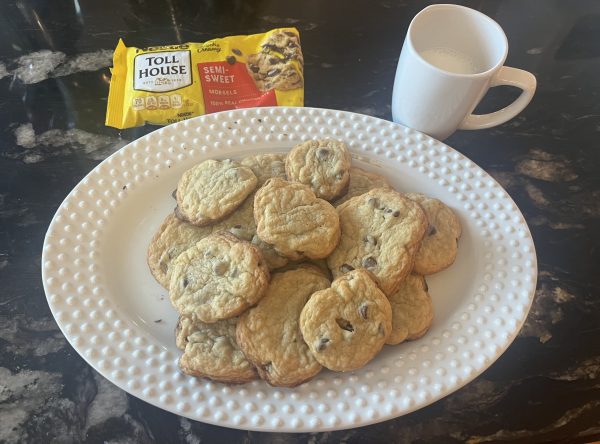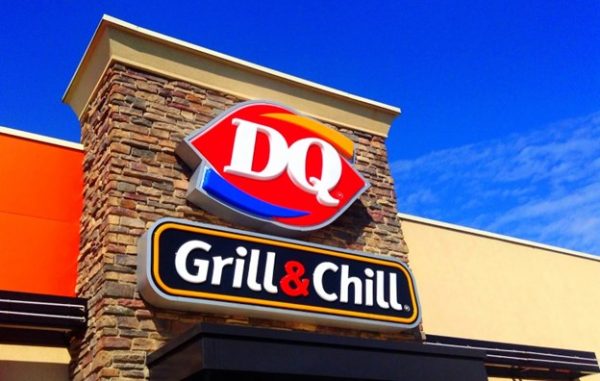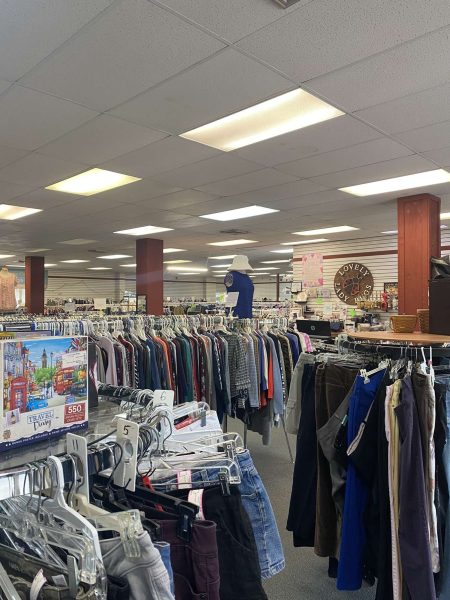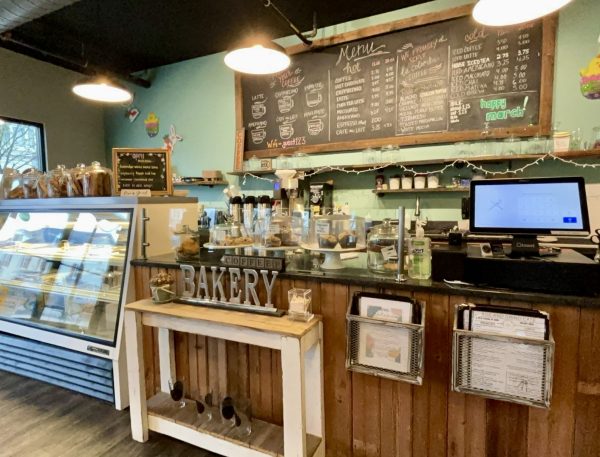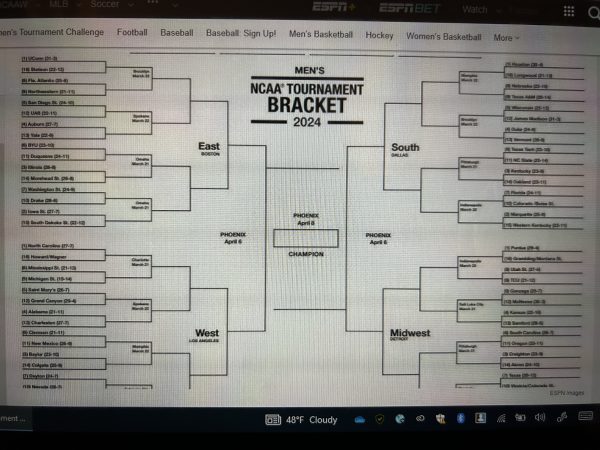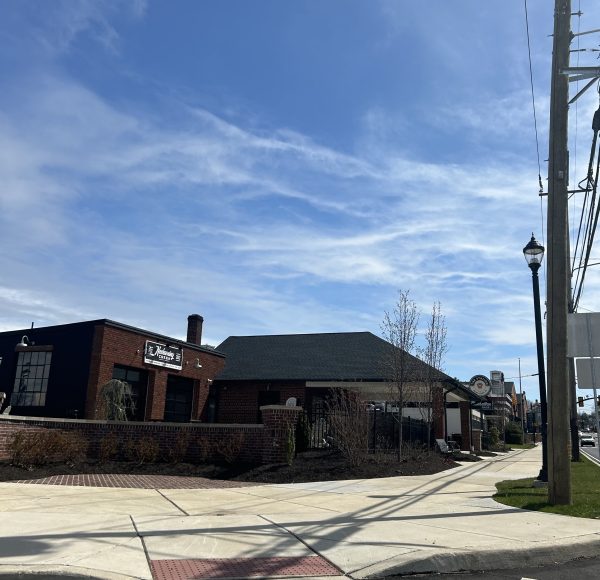The Endless Opportunities in the Healthcare Industry
January 13, 2021
On January 30th, 2020, the COVID-19 outbreak was declared a global health emergency. The entire year of 2020 has been dominated by the coronavirus disease and many countries in the world have experienced second or third waves of the virus as the weather turns colder. As the cases have significantly risen over the months, this calls for more people to be involved with the healthcare and medicine industries and many more opportunities available in these fields.
As of November 25, the global death toll had reached 1,412,223, with 18% from the United States alone. The number of confirmed global cases reached 59,905,468, and the United States accounted for 21% of the total global number. During these unprecedented times, healthcare workers have been putting their blood, sweat, and tears into helping out their patients, while trying to keep them and their families safe. They have shown a remarkable resilience and professional dedication no matter the risks that come with walking into work every day.
Based on a study from Thebmj, the authors compared the risk of COVID-19 related hospital admission between patient facing and non-patient facing workers, their
household members, and the general population. Absolute risks were low, but during the first three months of the pandemic, patient facing healthcare workers were three times more likely to be admitted with COVID-19 than non-patient facing healthcare workers. Risk was doubled among household members of front facing workers, in analyses adjusted for sex, age, ethnicity, socioeconomic status, and comorbidity.
During lockdowns, most essential workers are unable to protect themselves by working from home. Furthermore, insufficient physical distancing is a leading contributor to any work related COVID-19 outbreak. In the course of the first wave of the pandemic, overworked healthcare systems left health workers struggling with long working hours, fatigue, and extreme psychological stress. Rapidly fading supplies, national lockdowns, and a feeding frenzy on the open market for personal protective equipment led to shortages. Healthcare workers often had to care for patients with confirmed COVID-19 infections without proper training or adequate supplies, which helped to contribute to an increased risk to healthcare workers during the initial phase of the pandemic.
During the start of the coronavirus pandemic and subsequent public health response, there was initially an extraordinary job loss in the United States. From February through May 2020, overall employment decreased 13% as roughly 20 million people lost work. Nancy Runta, a senior director and risk manager at Grand View Hospital, said that at Grand View “We supplemented staff by offering bonuses to existing staff members to entice them to pick up additional hours. We utilized regional staffing agencies for experienced professional nurses where possible. We also redeployed staff members to duties within the facility.”
Mrs. Runta also stated that “COVID-19 has certainly proven to be a challenge for acute care hospitals across Pennsylvania. From staffing concerns to supporting families and patients during a time of restricted visitation- these are the trying times.” “Hospitals have struggled at times to secure the appropriate personal protective equipment that is needed to provide care for patients in isolation precautions. Despite the pandemic, hospitals stand at the ready to provide care to their communities.”
Brian Plajer, head pharmacist at Grand View Hospital, and his staff have been working endlessly preparing for the shipment of the COVID vaccine coming in. “Staff is definitely excited about the prospect of the vaccine at some point this week. We are fine tuning the roll out and excited to be making this available to front line caregivers.”
Although these times have been super confusing, there are people out there willing to risk their lives for others and taking advantage of getting involved with the healthcare industry, as well as taking pride in their occupation.


